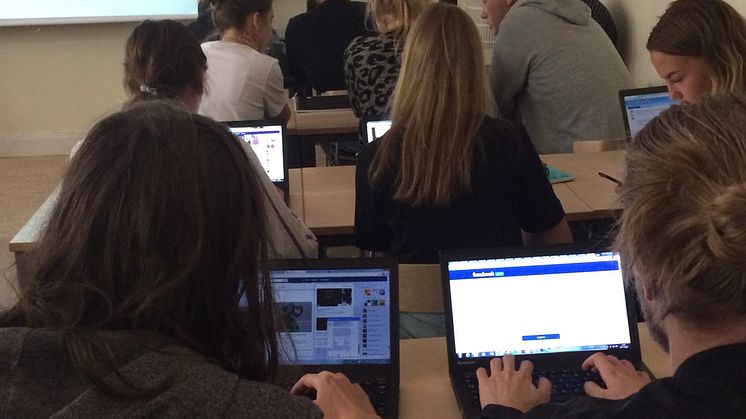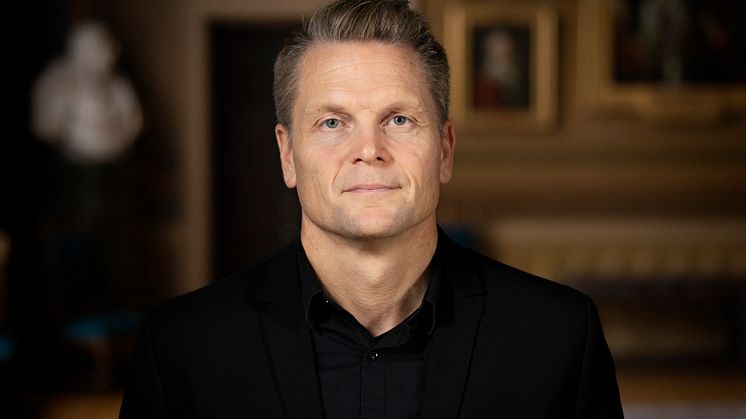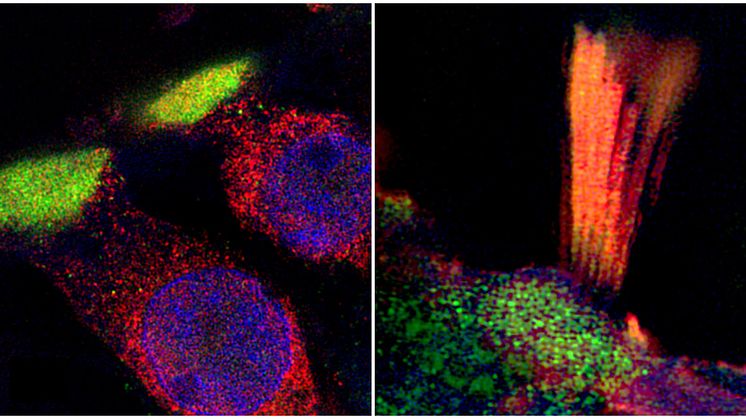Source criticism in school requires more than isolated interventions
Short teaching interventions on disinformation have no long-term effect on upper secondary school students’ ability to distinguish between credible and misleading news. Strengthening school students’ resilience to disinformation requires more than isolated interventions on source criticism. A new study of 459 Swedish upper secondary school students, is no published in PLOS One.



